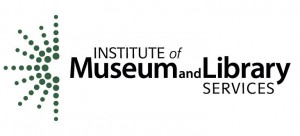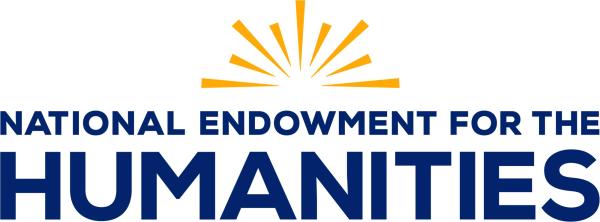Trends and Impact
Farquhar’s (British Library) work has 3 strands: BL team, Planets project, Open PLANETS foundation
- High-value tech & practitioner exchange, Sustainability New CEO (Ed Fahey)
- Dataset/Datasite (BL): Research infrastructure & capacity
- Digital Scholarship: new services, use digital content in new ways.
On to the meeting:
Intellectual honesty is our frame! (Follow the IIPC example: BE NICE!)
- Inclusion of service providers/vendors–how do we make them welcome?
- Structure: some action sessions were more project based
- Gap: Do we have: a consensus on what it means to align? Single clear global voice + national voice? Right folks to influence national legislation?
- We have underestimated the amount of work it takes
- Smaller scale collaboration across national boundaries
- Improved use, shared maintenance = Big impact
- It’s super-important to handle the legal stuff
- Organizational axis!
- Standards: choose wisely. Standards should follow practice.
- Few discussions about technical underpinnings here
- Focus on cost, rather than value
- Bottlenecks are interesting.
- Challenge: Can we take 50% off the costs of DP?
- Education and training
- Alignment — reducing variation & redundancy
- Don’t lose the voice of evaluation
- Interdependence: threat or menace? It must be carefully managed.
Trends!
- Non print legal deposit & regulations for data management plans
- Shift to business as usual: operational budgets & teams, capital investment in digital infrastructure
- Often with external service providers
- Shift to born-digital
- Greater scale
- New usage pattern: from single items to dataset(s) analysis
- Architecture needs to be constructed for these new use patterns
- Digital library architectures will feel very 1990s soon.
- OAIS may need a re-think in light of this use
- Assume more/everything gets looked at! Implementers will need to think differently
- Reduced funding, growing market problem: Not only a memory institution. Spreading in importance! Personal Digital Archiving solutions create additional pressure for 30 year access.
- Open thinking about the role of vendors/service providers: opportunity to drive down costs
- Shift from project thinking to infrastructure funding. Infrastructure can be invisible: we don’t want to disappear.
What’s next?
- We can be effective … or cheer
- Legal: (mostly cheering)
- What can we learn from RDA? Should we hang our coat on that hook? Join an interest group?
- Worry about our loss of identity/community? It’s an interesting structure, the working group model
- Education & Training! The economics of it. Think about cost sinks? Engaging more broadly may cost more money, but it’s worth it.
- Our message & coherence: we need to communicate our consensus messages
- SCOPE: we’ve been drawing our boundaries too tight
- This is a scary problem! We narrow things down & put out boundaries to make it less so.
- Soup-to-nuts handling needs sorting out.
- So does selection & access
And with that, we were sent out to try to change the world of DP. 🙂




